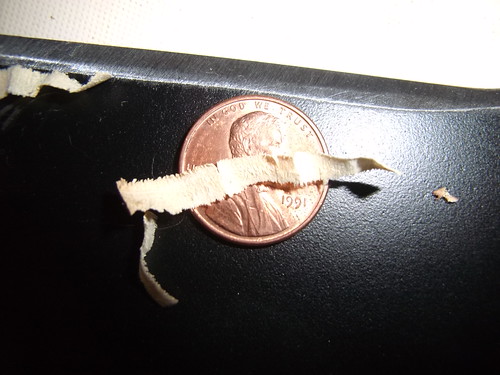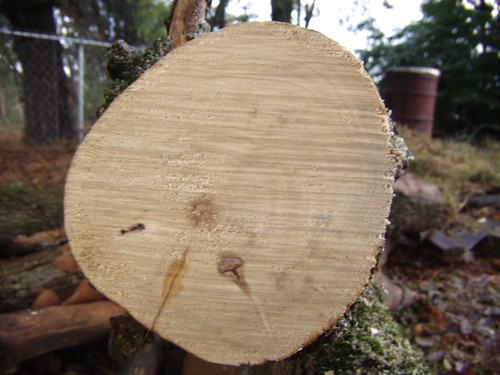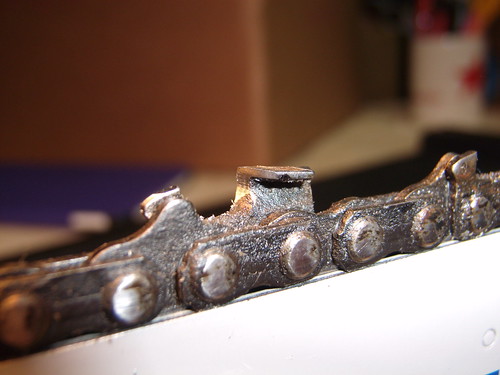I think what you mean is you can sharpen chain to cut the wood you cut the way you want to cut it.The point is that once you learn to file correctly a new chain is dull compared to a "properly hand filed one" I understand that this is hard to understand but I'm just trying to let people know it's worth the patience it takes to learn how to do it correctly... what's dull to me is probably razor sharp to others...
New chain must be sharp (at least the stuff I buy) cuz it slashes the sh-t out of my fingers. I see these pictures of chips 3"-4" long, they didn't come from crosscutting dead dry red oak with a full comp chain, even at the saw races when I look at the chip from the winning saws do I rarely see chip more than an inch long except when noodeling.
And I even manage to win one once in a while so my filing can't be too bad
I have seen a couple of stihl chain that were not sharped well, I think they were new but I did not buy them new










